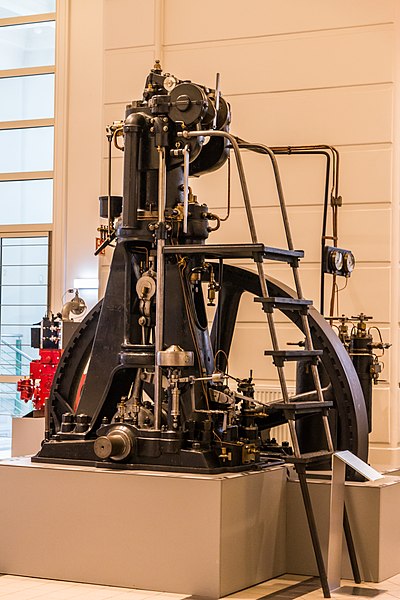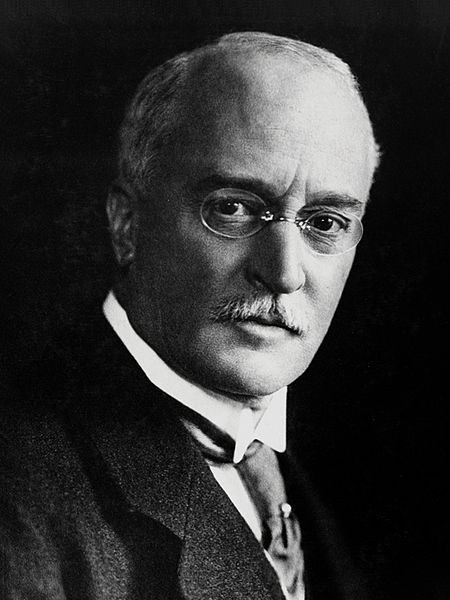Infinite photos and videos for every Wiki article ·
Find something interesting to watch in seconds
Great Museums
Rare Coins
Celebrities
Wonders of Nature
Animals
Richest US Counties
Ancient Marvels
History by Country
Great Artists
Best Campuses
Orders and Medals
Countries of the World
Famous Castles
Sports
Crown Jewels
Largest Empires
Great Cities
British Monarchs
Recovered Treasures
Largest Palaces
Wars and Battles
World Banknotes
Kings of France
Presidents
Supercars
Tallest Buildings
more top lists







